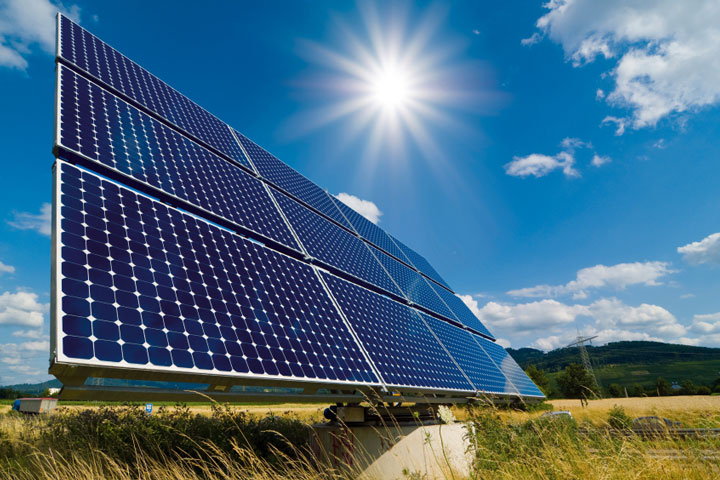Energy
Clean Energy: Over 70,000 People to Benefit from Africa Mini-grids Program
Over 70,000 Nigerians will benefit from its recently launched Africa Mini-grids Program (AMP) instituted to enable access to clean energy

The federal government of Nigeria has said over 70,000 Nigerians will benefit from its recently launched Africa Mini-grids Program (AMP) instituted to enable access to clean energy by increasing the financial viability, and promoting scaled-up commercial investment, in renewable energy mini-grids.
Africa Minigrids Program (AMP) is a project that connects investors with mini-grids stakeholders to help create access to clean energy for the 548 million people in sub-Saharan Africa who currently don’t have access to electricity, which is currently active in 18 African countries.
The Africa Mini-grids Program (AMP) was launched by the federal government through the Rural Electricfication Agency (REA), as the four-year project is funded by the Global Environment Facility (GEF) and supported by the United Nations Development Programme (UNDP) in Nigeria.
Speaking on the launch of the program, the Rural Electrification agency (REA) said, “The Africa Minigrids Program in Nigeria is designed as an enabler project of the REA’s Energising Agriculture Programme (EAP) which aims to advance one of REA’s strategic priorities of focusing on the unserved and underserved to increase economic opportunities through agriculture and productive sectors in rural communities across the country.”
Also commenting on the launch of the program, the UNDP Resident Representative in Nigeria Mr. Mohamed Yahya said: “access to reliable, sustainable, affordable energy is a catalyst to socio-economic development, and in achieving the Sustainable Development Goals (SDGs).
“By scaling up solutions such as renewable energy mini-grids, we will be able to close the energy access gap and unlock opportunities for people in Nigeria and across the region.”
While commending the collaborative spirit of the Agency’s partners and stakeholders that enabled the activation of the program, the Managing Director/CEO of the Rural Electrification Agency (REA), Engr Ahmad Salihijo Ahmad, disclosed that the Africa Minigrids Program will serve as another catalyst for improved access to sustainable energy and equitable and inclusive impact on livelihoods by unlocking agricultural value addition opportunities from electrification.
He added “this sectoral approach is in line with the Agency’s focus on programs to advance the electrification targets and broader social and economic development objectives of the Federal Government of Nigeria.”
In Africa, mini-grids have been identified as a key platform to address critical electrification shortages. Creating successful mini-grid ecosystems beyond pilot projects is now the focus of African governments facing severe shortages, especially for their off-grid populations.